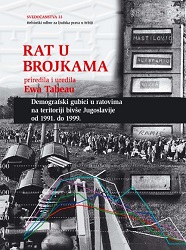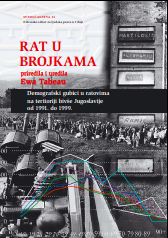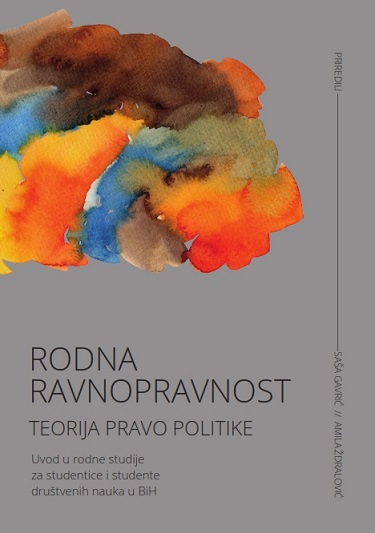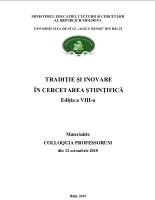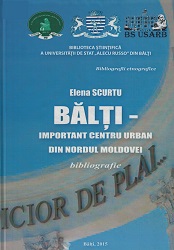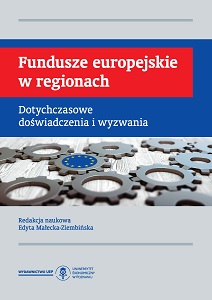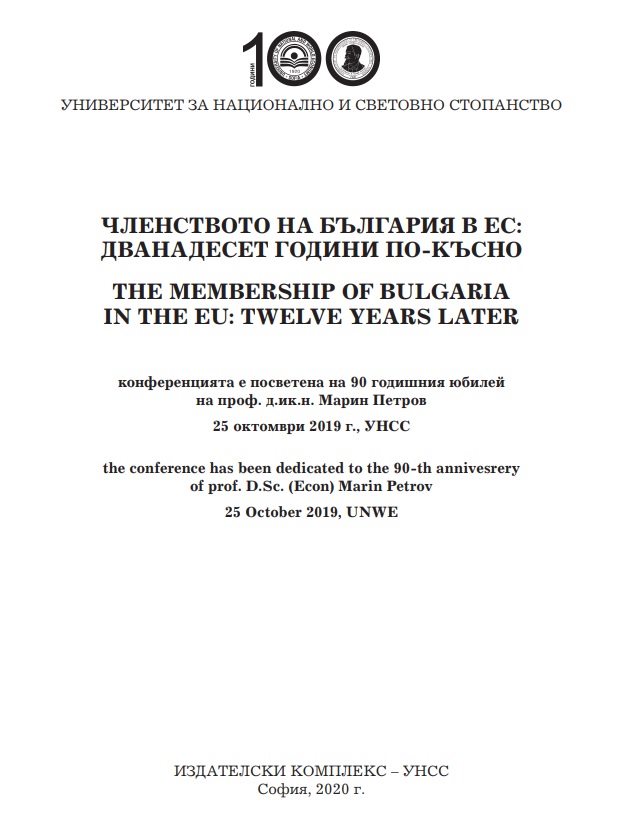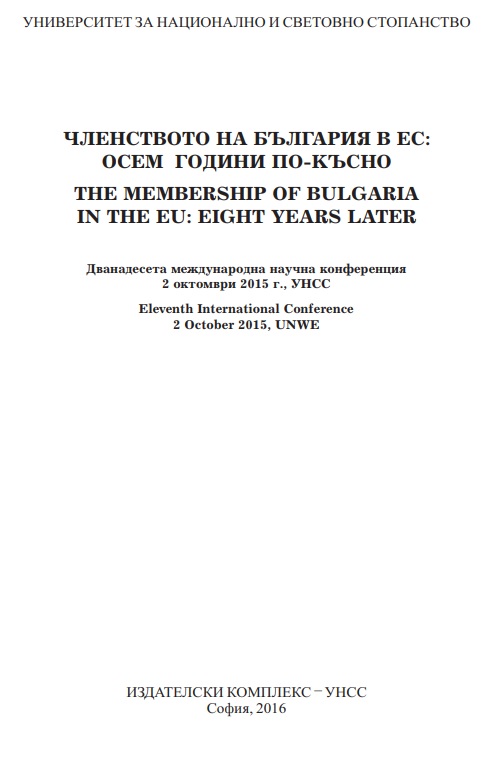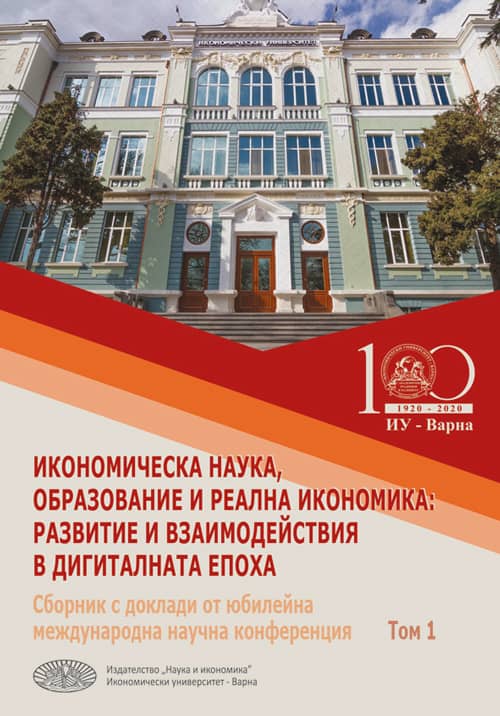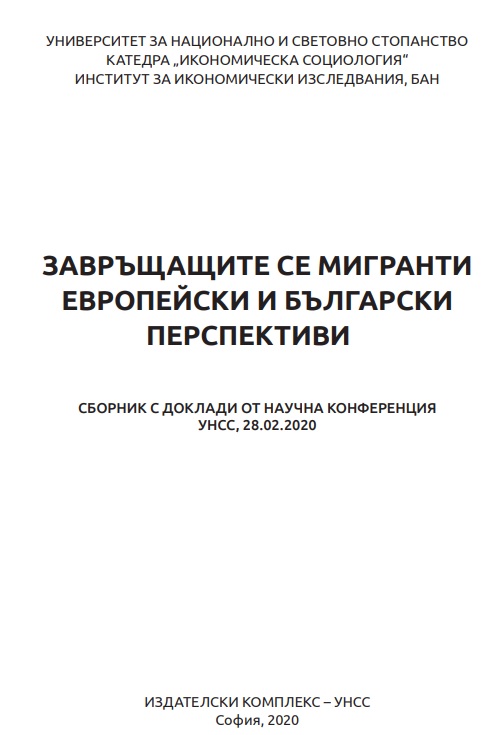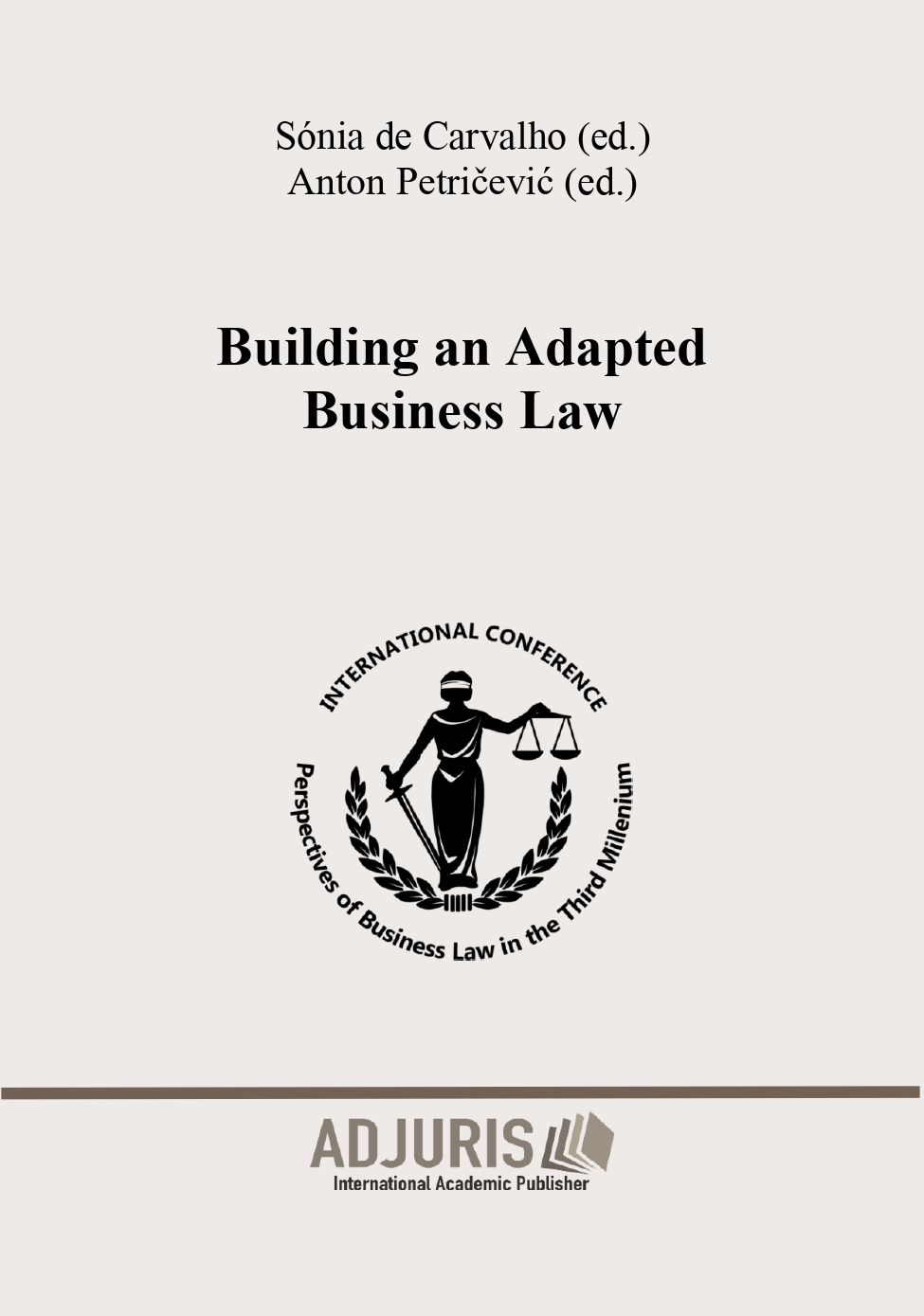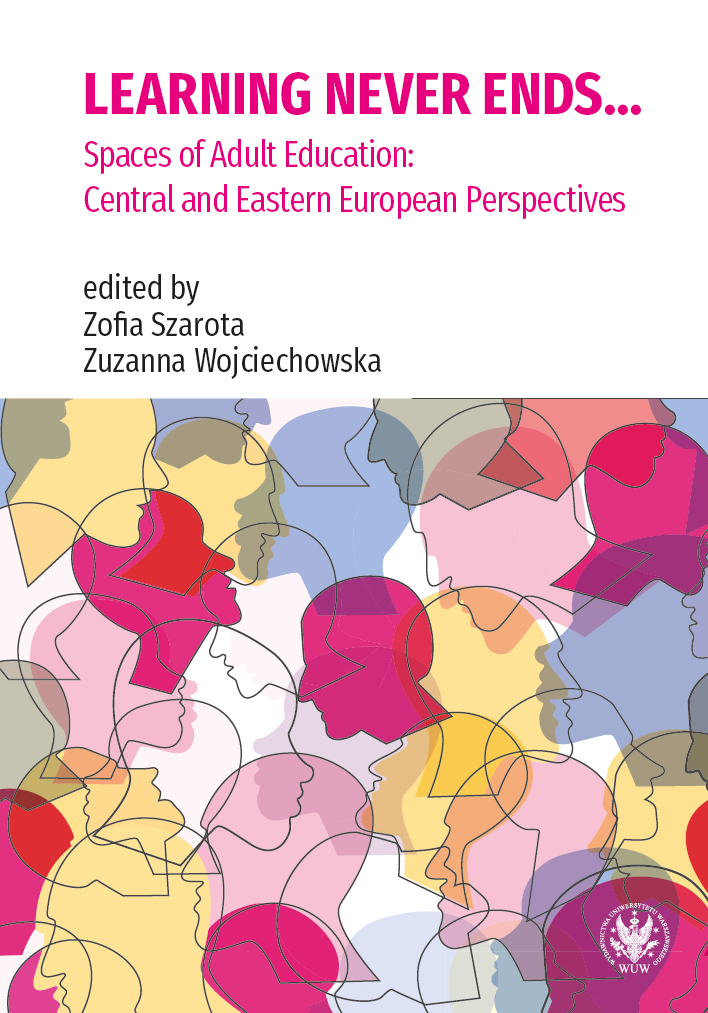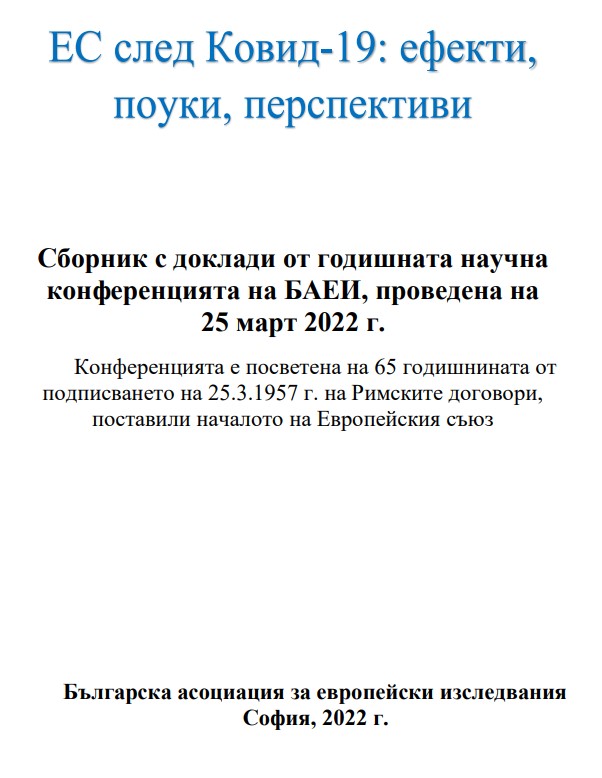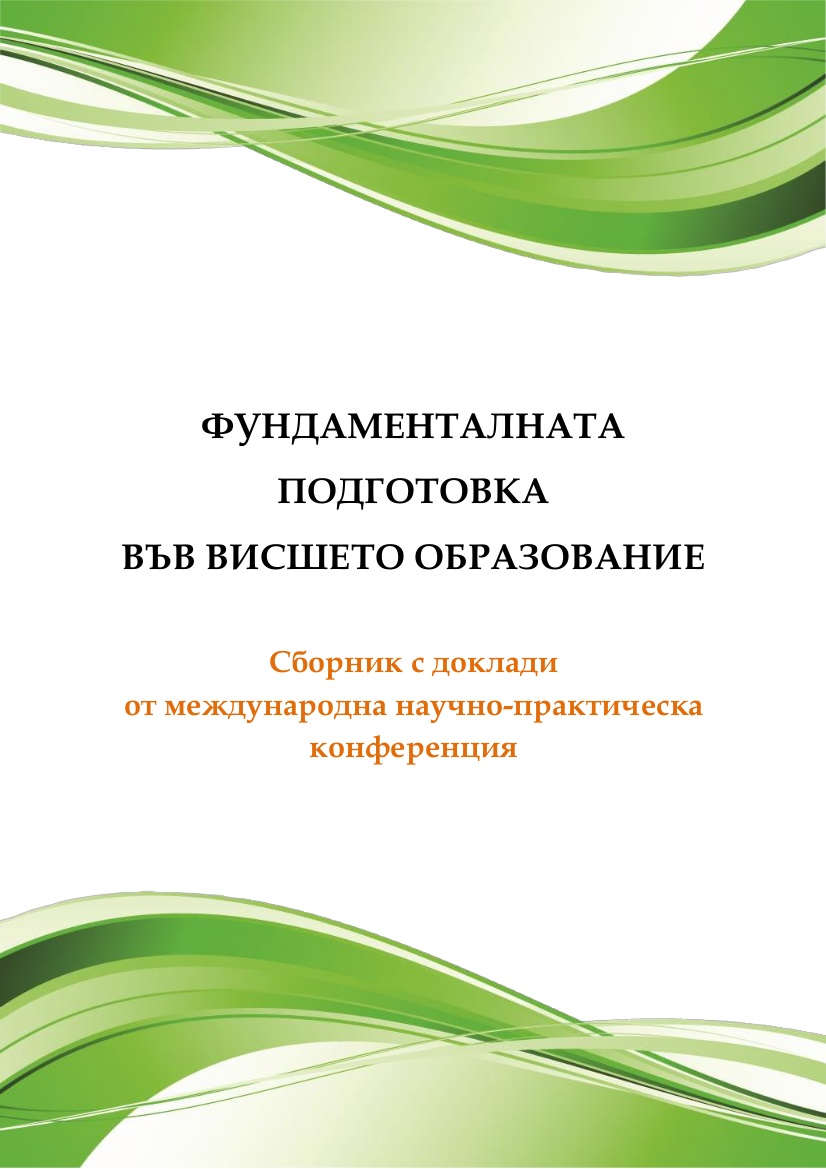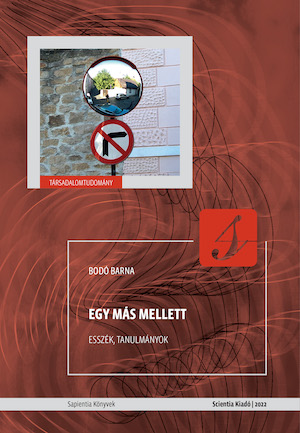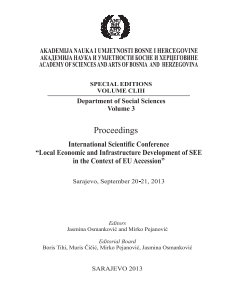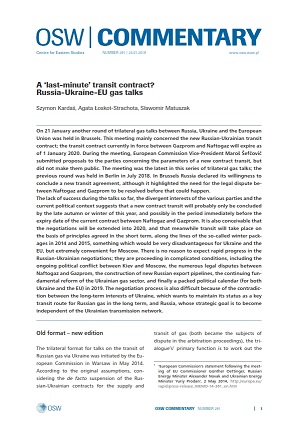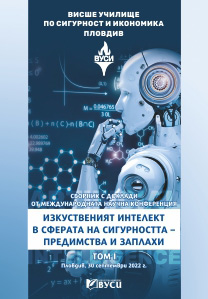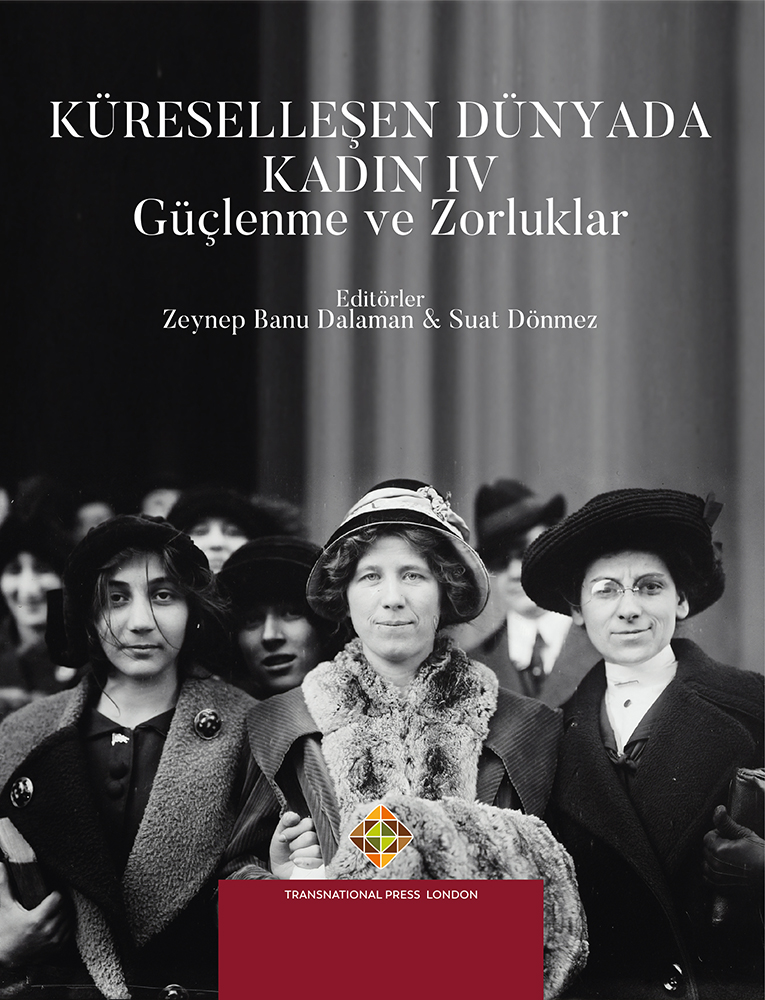CO-TEACHING: ADVANTAGES AND DISADVANTAGES
Author(s): Martin Kursch,Jaroslav Veteška / Language(s): English
/ Publication Year: 0
Keywords: co-teaching; further teacher education; co-teaching efficiency; co-teaching advantages and disadvantages; determinants of successful co-teaching
The study discussed in this chapter is based on implementing a methodological analysis focused on an overview of approaches to the co-teaching method, its contents and forms. A by-product of the study has been gathering information, aspects and insights about co-teaching’s pros and cons, collected from nineteen long-term co-teaching studies as well as from virtual co-teaching. The aim was to summarise determinants of co-teaching success, its advantages and disadvantages, which we encountered during our methodological analysis. Due to the long-term approach in these selected studies of the co-teaching method, it was possible to name beneficial aspects of co-teaching in various educational contexts and to highlight shortcomings in the form and content of its use. The articles analysed were published from 2005 to 2020 in recognised scientific databases including ERIC, Scopus® and Complementary Index. The nineteen studies fit the long-term and co-teaching criteria. Among the main determinants of success based on the articles examined, we include joint preparation, support from school management and technical readiness. The main advantages of co-teaching were better reliability in the transmission of information and problem-solving, intensification of teacher cooperation, their mutual enrichment and education, higher efficiency in teaching, better atmosphere in the classroom, better recording of observations during lessons, higher motivation of pupils or students, innovative environment and enabling the use of a wide range of teaching methods. Added to these is easy recruitment of experts or auxiliary teachers. Among the disadvantages, we include higher preparation requirements, complexity in terms of co-teacher coordination, and higher financial and logistical costs. In the virtual component, shortcomings also include technical equipment and the failure of the human factor. This study is the starting point for further research work within the project Technology Agency of the Czech Republic (TL03000133), entitled New Method of Education for the 21st Century: Virtual Co-Teaching, conducted in the period 2020–2023. This project focuses on virtual co-teaching and its effectiveness.
More...
